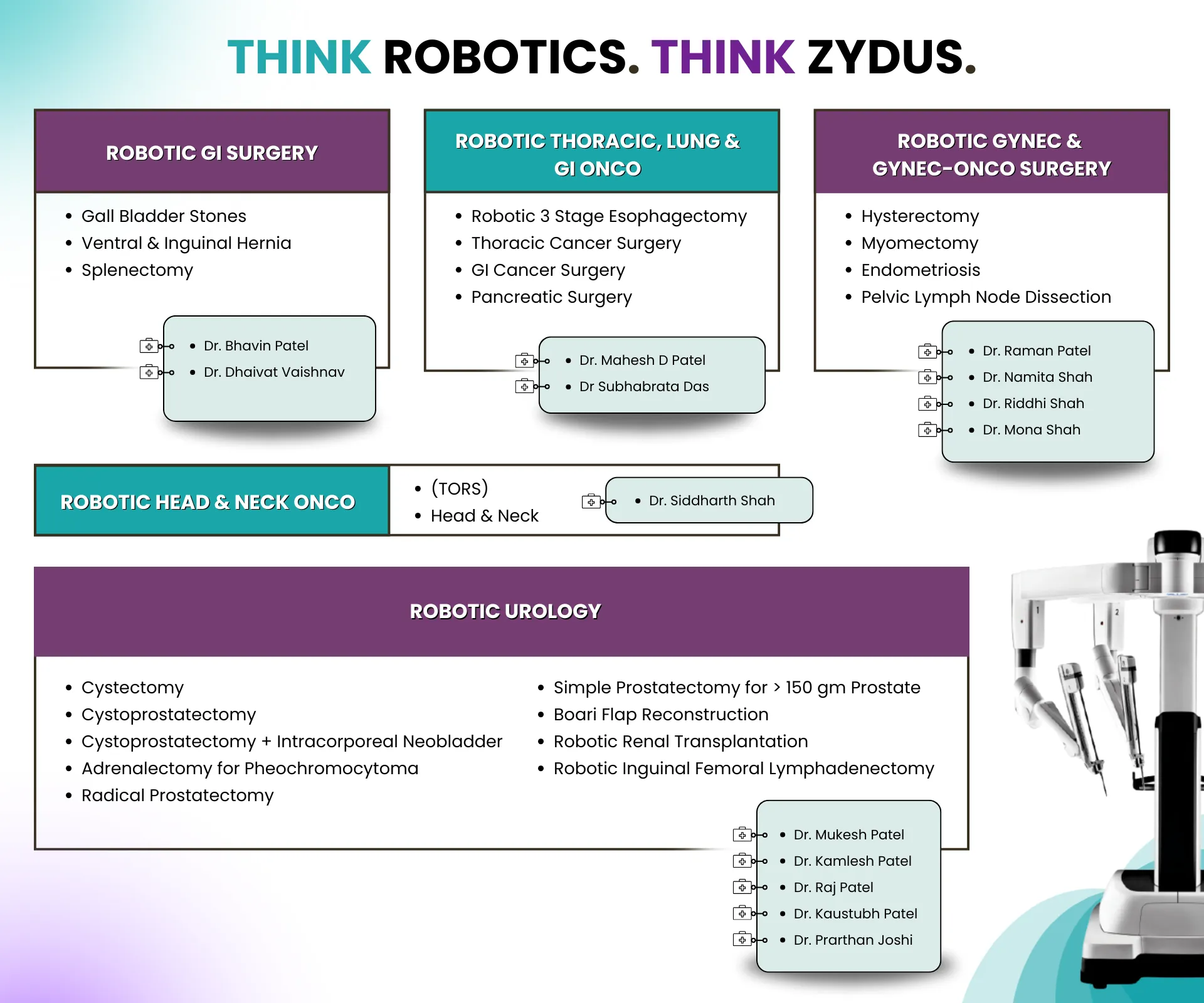
Malformations
- Medical Specialities
- Genetics
- Malformations
-
Malformations
This includes congenital abnormalities which may be present externally or internally like:
- Craniosynostosis
- Cleft lip palate
- Ear anomalies like microtia (small ear), ear tags etc.
- Polydactyly ,(presence of extra fingers)
- Congenital heart disease
- Congenital talipes equinovarus (CTEV)/ club foot
- Kidney anomalies like hydronephrosis, cystic kidneys, single kidney etc.
- Spinal defects like spina bifida, kyphosis, scoliosis, etc.
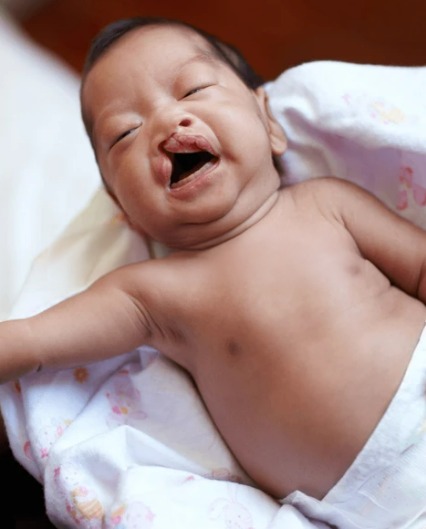
-
Dysmorphology
-
A large number of genetic syndromes can lead to dysmorphism and our clinic offers comprehensive evaluation for all. A few examples include Down syndrome, Prader-Willi syndrome, William syndrome, Cri du chat, etc.
-

-
Metabolic and Mitochondrial disorders
-
Metabolic disorders are usually under-recognised and can present as vomiting, refusing to eat, respiratory distress, convulsions, sudden lethargy, jaundice, hepatosplenomegaly, developmental delay, neonatal deaths. Some disorders like the lysosomal storage disorders lead to significant disability.
-
The clinic offers testing and management of all metabolic disorders like:
-
- Urea cycle defects
- Organic acidemias
- Fatty acid oxidation defects
- Lysosomal storage disorders like mucopolysaccharidosis (MPS), oligosaccharide storage disorders (like Tay Sach’s, GM1 gangliosidosis, mucolipidosis etc.)
- Glycogen storage disorders.
- Congenital disorders of glycosylation
- Mitochondrial disorders etc.
-
Obstetrics Genetics
-
- Abnormalities in biochemical screening for chromosomal aneuploidies like Trisomy 21 (Down syndrome), trisomy 13 (Patau syndrome), trisomy 18 (Edward syndrome) and Triploidy. Non Invasive Prenatal Testing (NIPT) facilities are available.
- Anomalies/ abnormality detected on fetal ultrasound examination: Testing, counselling and management of anomalies detected on fetal ultrasound including intrauterine growth retardation (IUGR).
- Invasive Prenatal testing (CVS-Chorionic villous sampling/Amniocentesis/Cordocentesis): Prenatal diagnostic testing in families with previously established genetic disorders.
- Teratogenicity: Advice and prognosis regarding drug and radiation teratogenicity and effects of underlying maternal illness on the fetus.
- Fetal examination and genetic opinion after termination.
- Recurrent pregnancy loss.
- Thalasemmias
- Sickle cell anemia
- Hemophagocytic Lymphohistiocytosis (HLH)
-

-
Cancer genetics
-
Thalasemmias
-
Sickle cell anemia
-
Hemophagocytic Lymphohistiocytosis (HLH)
-
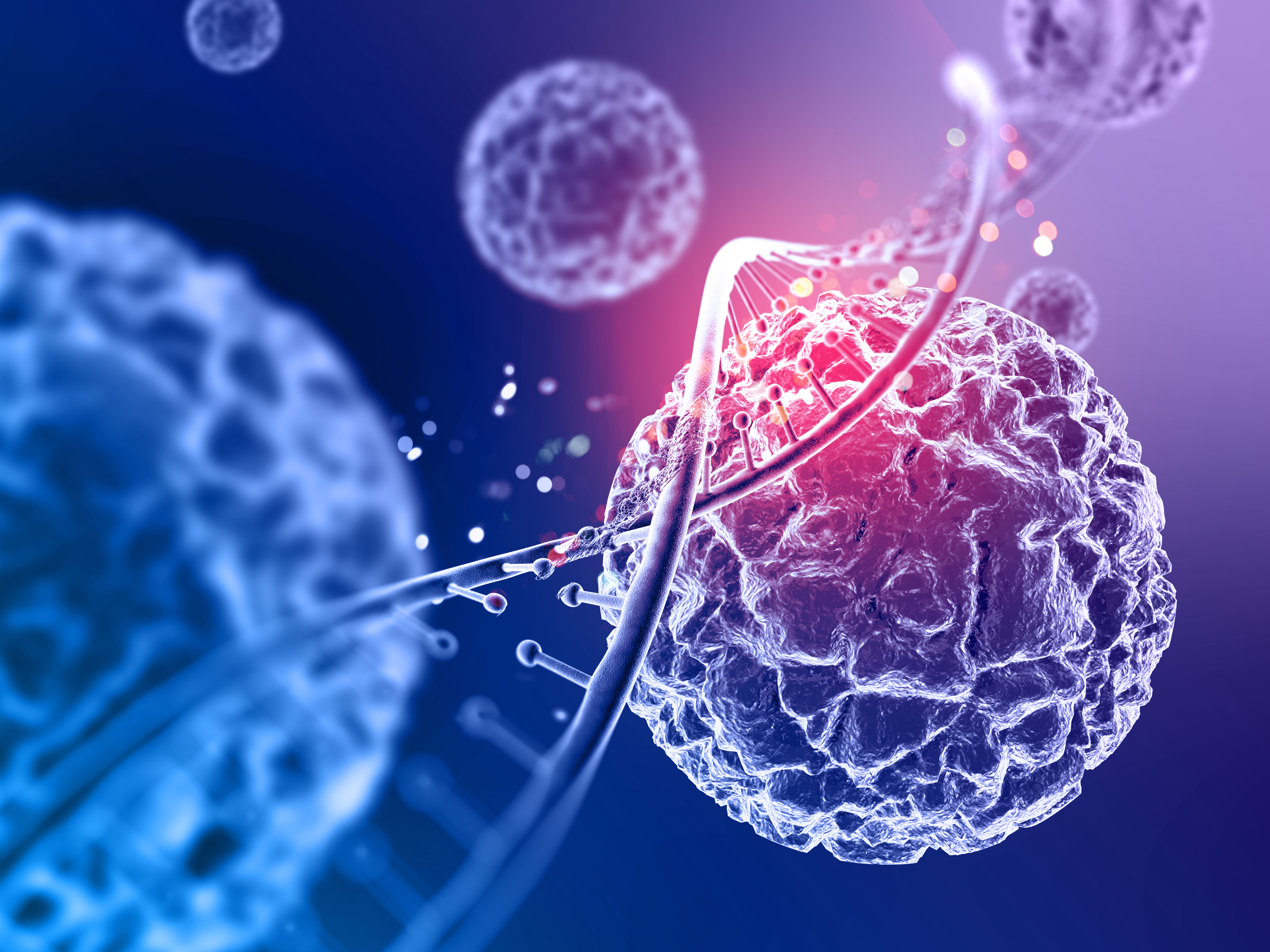
-
Chromosomal abnormalities
-
These include both numerical as well as structural abnormalities like trisomies, monosomy, triploidy, translocations, inversions, insertions etc. When present in an unbalanced form they could lead to infertility, recurrent pregnancy loss, children with delay in development or malformations as well as lead to cancer. Zydus hospitals offer both basic as well as advanced testing facilities like microarray to characterize the underlying abnormality and guide the family.
-
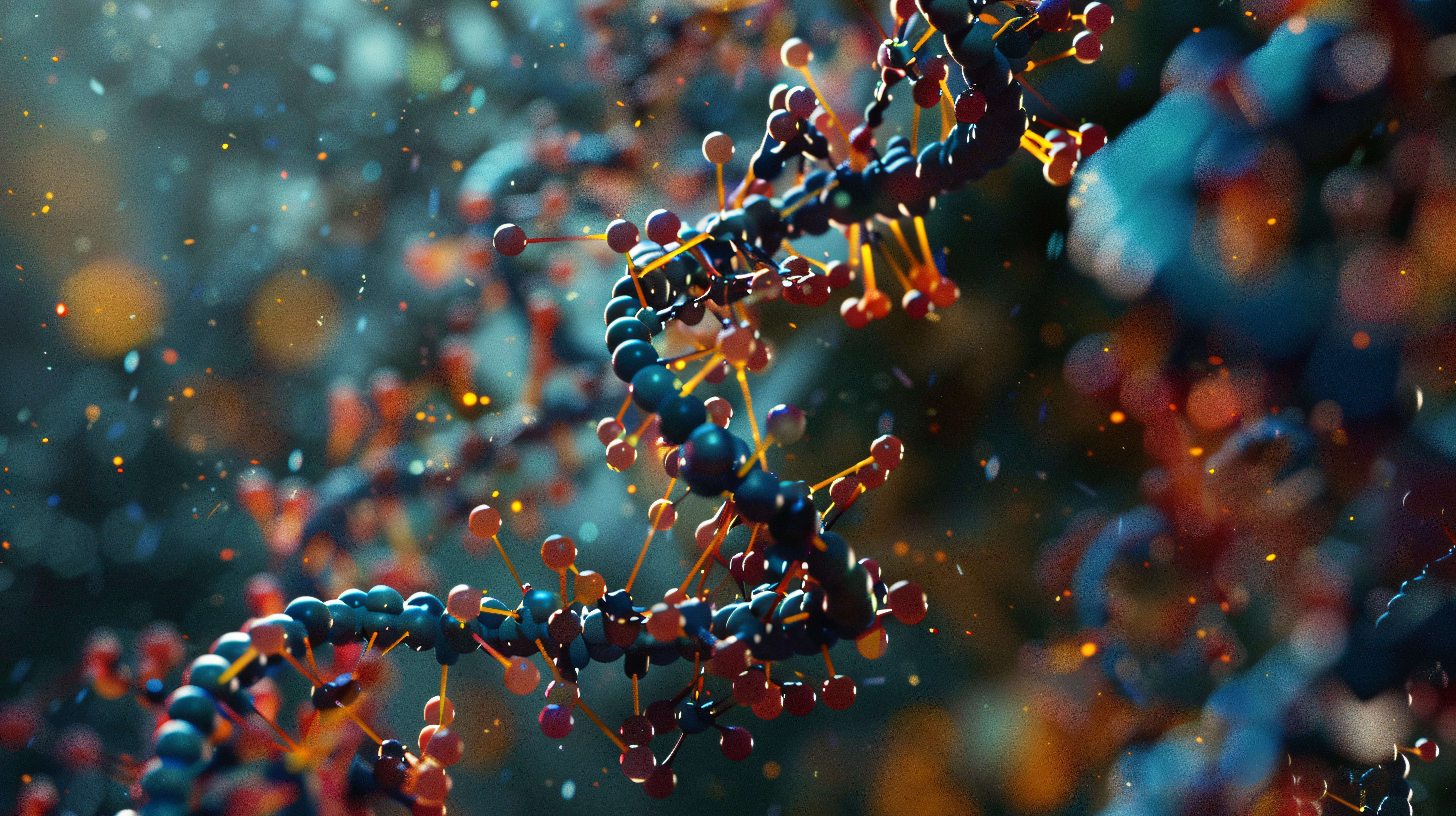
-
Short stature and skeletal dysplasias
-
Assessment is available both for short stature due to inherited problems in growth hormone production and function as well as disproportionate short stature which is due to an abnormality in the skeletal development. Some examples of skeletal problems and short stature syndromes that we deal with include:
-
Achondroplasia
-
Hypochondroplasia
-
Lethal skeletal dysplasias
-
Morquio disease
-
Growth hormone deficiency
-
Syndromic short stature like Seckel syndrome, Rubinstein Taybi syndrome and others
-
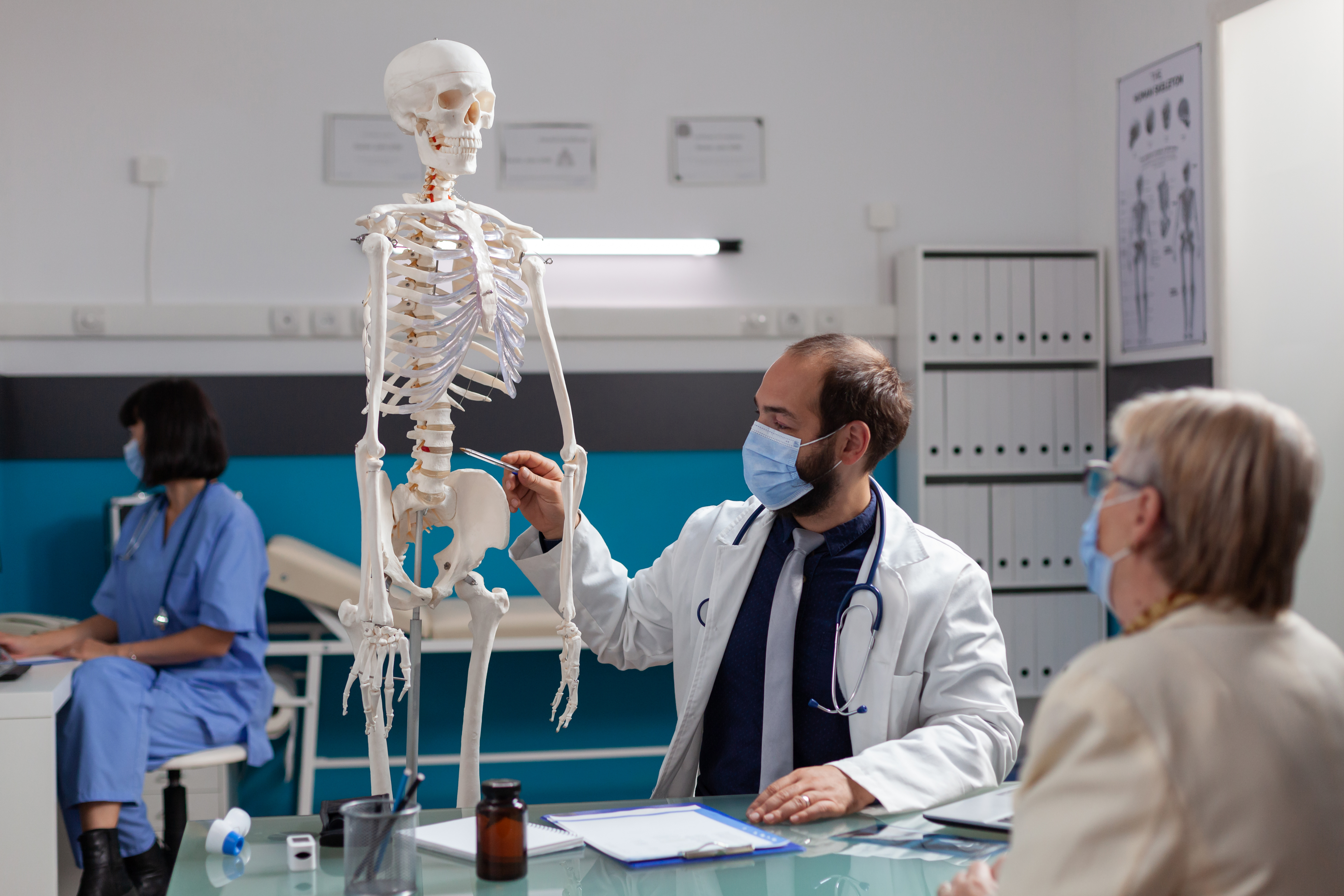
-
Empowering Patients Through Education
-
A few of the genetic conditions which can be better managed through patient education:
-
Cystic fibrosis
-
Chromosomal abnormalities
-
Metabolic disorders
-
Renal tubular disorders
-
Celiac disease
-
Who should avail preconceptional counselling:
-
A) Couples with a history of a previously affected child/ family member/ partner with any of the following:
Congenital malformation
Intellectual disability
Recurrent fetal losses
Cancer
-
B) Consanguineous unions
Consanguinity leads to an increased incidence of genetic disorders as compared to the baseline risk. Risk assessment (judged from a detailed family history) and options for carrier screening shall be discussed to guide reproductive decisions.
-
C) All couples before planning a pregnancy
Did you know that certain disorders like thalassemia, spinal muscular atrophy, and fragile X are common in the Indian population? Screening for these disorders can prevent the birth of affected children as most of these conditions do not have a cure or if a cure is available it is complex. Screening for certain infectious diseases before pregnancy can avoid fetal malformations. Congenital malformations like neural tube defects can also be avoided by pre-pregnancy care.
-
Pre-marital counselling
-
A family history of an affected individual leads to concerns in the prospective bride or groom. This session is aimed at clarifying the type of disorder in the family, understanding whether it has a genetic basis, and reviewing the risk of the individual (prospective match) in concern. It aims at establishing the status of the individual, understanding whether there are reproductive risks, discussing the available options of management when necessary and alleviating familial anxiety.
-
Do I need a geneticist?
-
Since the field of genetics is still a developing specialty in medical science, you might be unsure as to whether you need to consult a geneticist. A few scenarios where a genetic opinion is helpful and should be sought are cited below.
Family history: of an affected individual (even single) with any of the conditions listed above
-
Previous affected offspring: if you have/had a child with any of the disorders listed above
-
Recurrent sudden deaths: adult or neonatal
-
Recurrent pregnancy losses
-
Infertility
-
Family history of cancer

Search Doctor / Diseases
The Transplant Center of Gujarat
-
LIVER TRANSPLANT
-
200+ successful transplants done
-
A full-time dedicated team of 20+ members of Liver Transplant Surgeons, Hepatologists, Intensivists and Anaesthetists
-
Exclusive Class 100 Modular Liver OT and Liver ICU with strong infection control standards
-
KIDNEY TRANSPLANT
-
300+ successful transplants completed by the experienced and dedicated team of Senior Consultants in Nephrology and Urology
-
State-of-the-art 50 bed advanced Dialysis Centre with facilities for CRRT, SLED, HDF and CytoSorb
-
HEART TRANSPLANT
-
Highly experienced team of Heart Transplant Surgeons and Cardiologists
-
State-of-the-art infrastructure with exclusive Cardiac Critical Care Unit, ECMO Facility, Advanced Cath Lab and Left Ventricular Assist Device (artificial heart) Facility
-
BONE MARROW TRANSPLANT
-
200+ Haematopoietic Stem Cell Transplants at hi-tech BMT Unit
-
Highly experienced Haematologist, Intensivists and BMT-trained Staff, supported by Radiation Oncology Department with TBI treatment
